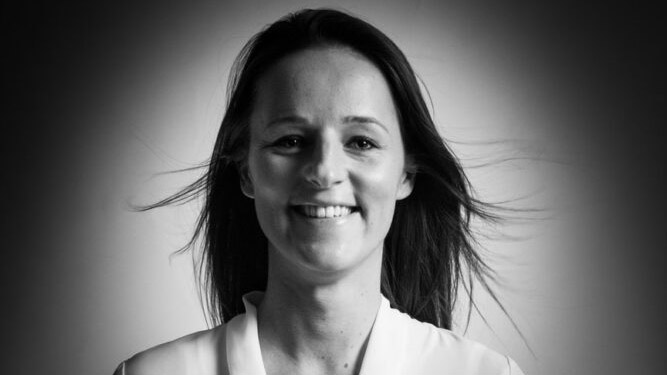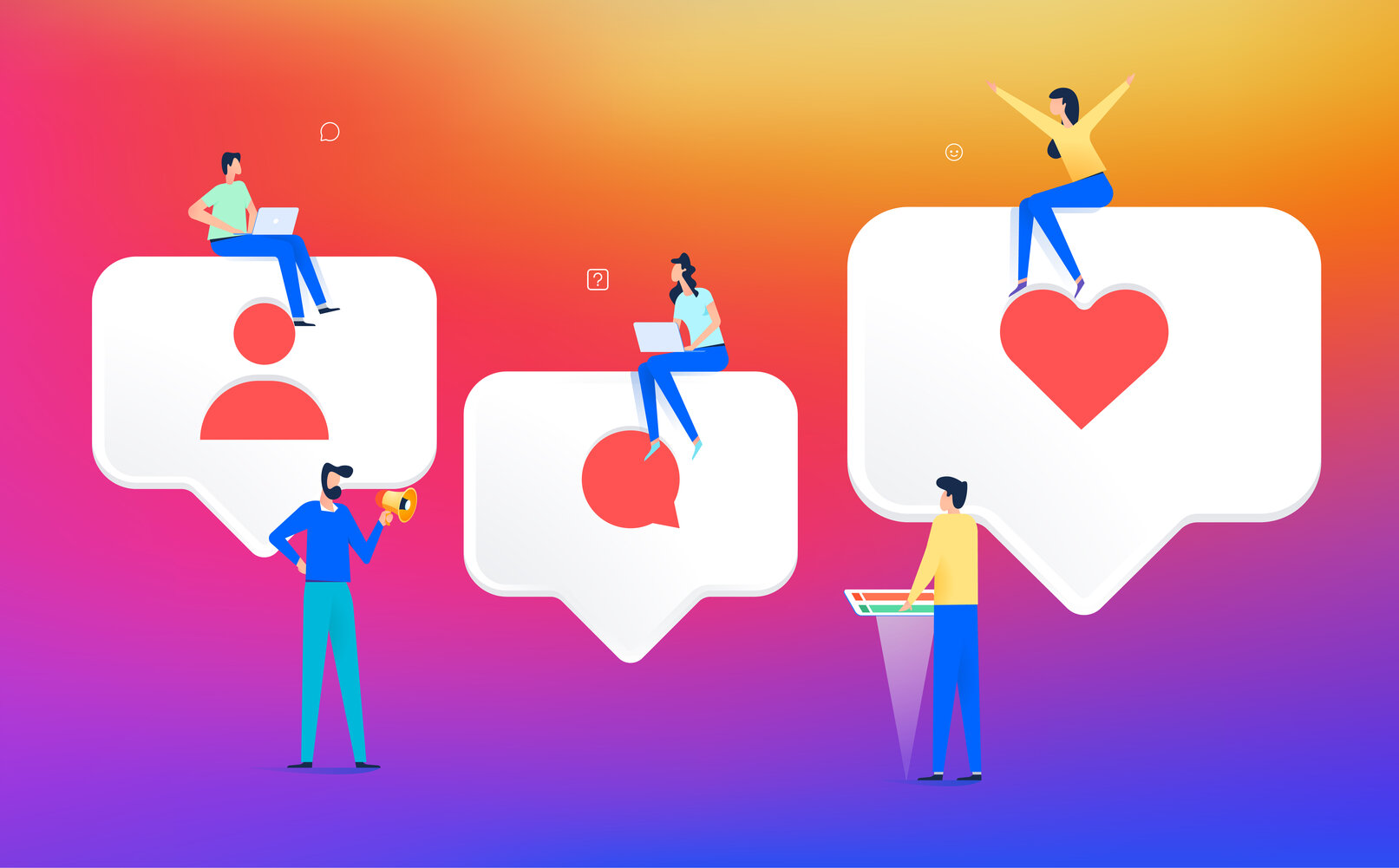With social media usage soaring by 72% as an effect of life under lockdown, influencer marketing has swiftly become the dominating brand awareness tactic of 2020. But with consumers confined to their homes and influencers challenged by the limitations of travel and access to activities, social media stars were, and still are, forced to rethink their content to keep followers engaged during trying times.
With thousands of brands competing to provide an essential form of escapism, purposeful and personalised content has started winning out ahead of advertorial. With that, consumers were looking to be reenergized, this is where gamification and competition has helped to unearth a new excitement amongst these pools of followers.
Amelia Neate, Senior Manager at Influencer Matchmaker, a leading influencer marketing agency explains that by gamifying content, influencers – already equipped with an engaged community and creative platform – are able to offer a level of engagement like no other sales tool on the market.
“With content needing to be timely and sensitive to the global situation, and with another potential lockdown looming, we’ve seen a rise in ‘competitive’ interaction tactics especially as we see more ‘at home’ advice and activities,” said Amelia.
The adoption of these interactive strategies has expanded influencer potential says Amelia, who explains further why brands should look to embrace these new cultures.

Building challenge and competition into marketing
Examples of how gamification strategies have been implemented include workout challenges, book clubs, DIY competitions and mental wellbeing scorecards, to name but a few.
Influencer and fitness enthusiast Courtney Black took off this year, building into her Instagram a weekly free workout, teasing her weekly routines and encouraging people to use her app, she sets a 28 day in-app challenge that means people a more likely to engage and even compete to beat their own results.
Showcasing the results of her users on Instagram and offering a range of prizes (including £1K cash and a photoshoot to enter) these real talking posts with the added benefit of a potential prize immediately attracts more consumers, giving them motivation to take part.
Beth Sandland’s book club, Beth’s Book Club, also took off during the months of lockdown, prompting her to up the challenge from one book a month to two. Followers can sign up to join the club via its Facebook page, where a discussion of the month’s quota is held at the end of each month.
Creating the ‘community’ factor
Health and wellbeing, cooking and baking, arts and crafts and entertainment such as music and film have all increased dramatically over the course of this year, even travel continues to rise with more influencers choosing to explore more local areas.
And, some brands, such as Airbnb, even in their darkest of moments turned to YouTube to offer consumers solace and entertainment. While officially unable to offer up their rooms for people as usual, Airbnb hosts worldwide gathered online for a #StayHome campaign that allowed customers to book a flamenco class, tarot card reading and even visit a colony of penguins.
They even hosted a summer festival of activities with Olympians such as former sprinter Derek Redmond focusing on fitness mentality and success.
Celebrities have also had to change up their entertainment methods, former X Factor winner Sam Bailey, even launched a private group named ‘Bailey’s Cuppa Crew’ on Facebook, where she performed ‘live from the loft’ covers to lift people’s spirits during the pandemic.
“Having suffered herself from the period of confinement and ‘loneliness’ she set up the forum to interact with her fans, offering an escapism and encouraging ‘cuppa’ discussions around mental health.
“This story-sharing interaction and elitism of a private group offered a humanised and personal direct marketing tactic for Sam and the brands she works with, users felt even more connected to her as if they were in the special pool of fans.” Amelia said.
Finally, the true star of lockdown, TikTok, provided a channel for influencers to begin dance and DIY challenges, encouraging followers to recreate and share their versions with sights firmly set on views, likes and a chance to be noticed by the creator.
Mental wellbeing scorecards also had their moment during the difficult few months, whereby influencers created and shared bingo-like templates on their stories for followers to screenshot and identify positives in their day and reshare. The aim was to encourage the important acts of gratitude and being present, in order to improve mental wellbeing.
“Putting purpose and gamification at the forefront of campaigns has opened up new engagement method for influencers and in order to remain relevant with audiences, brands must look to consider this in their content.”
Building brand value
Competitions and challenges have commonly formed part of brand and influencer partnerships, with giveaways forming a typical approach. But what we are now seeing is a change to this traditional model.
The influencer no longer acts as simply a vessel fuelled by a brand, who may have provided products to giveaway. Rather, influencers are creating and hosting such events themselves, as part of their own brand value proposition.
“In this way, they are strengthening their offering and ultimately, their relationship with their follower communities, who are much more likely to engage with and support something they have watched the influencer build for themselves. Especially if it resonates a with the consumers own values.”
Fearne Cotton’s Happy Place Virtual Festival was a good example of how influencers came together to offer a free event that enabled audiences’ access to performances, tutorials, and speakers.
The festival promoted wellbeing, requested that attendees shared a pledge to support each other and even encouraged donations to charity partners. Creating a community, the festival inspired participation in crafting, cooking and other entertainment activities.
“We have long recognised the success of those partnerships where brands allow influencers creative input in campaigns and never will this be truer than in this new era of influencer marketing.
“As they so often do, influencers are shaping new trends in the market. With the growth of influencers creating their own personal brands, businesses must embrace this shift so that they can continue tapping into growing consumer segments and reaping the commercial rewards.”
















